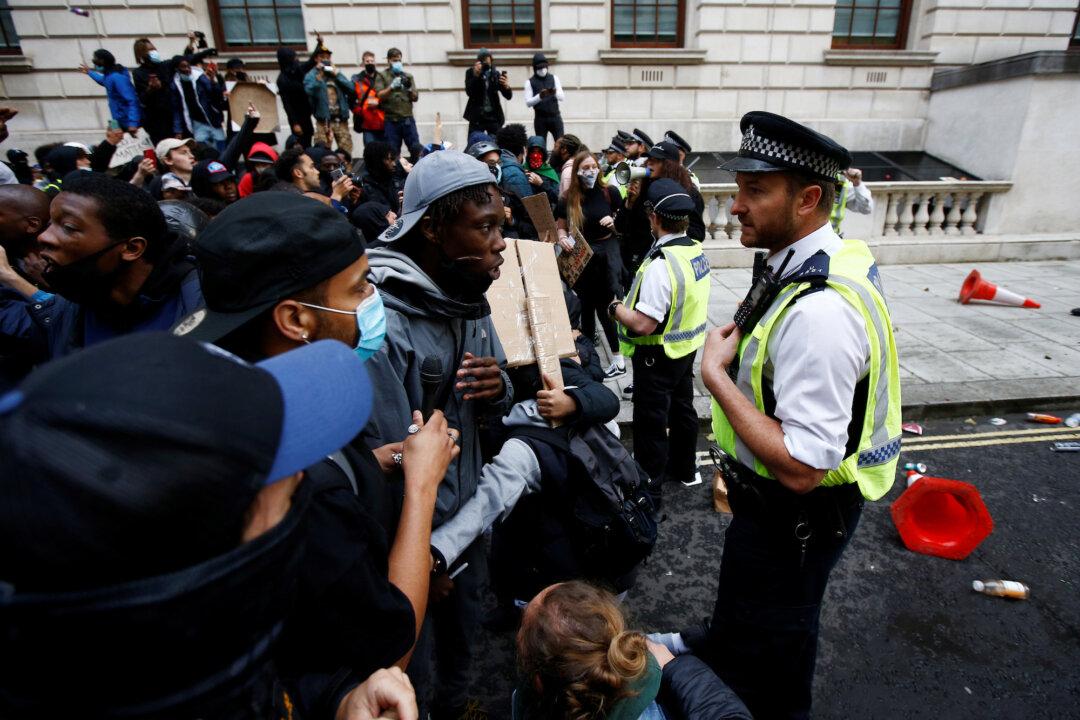Police in England and Wales say that a new national anti-racism plan that will involve mandatory training in black history, will address levels of mistrust among black people in England and Wales. But some are cautious about the consequences of the officially adopted ideology that they say will compel police officers to morally check themselves.
The Police Race Action Plan, which sets out changes needed to become an “anti-racist police service,” has been rolled out in England and Wales.





